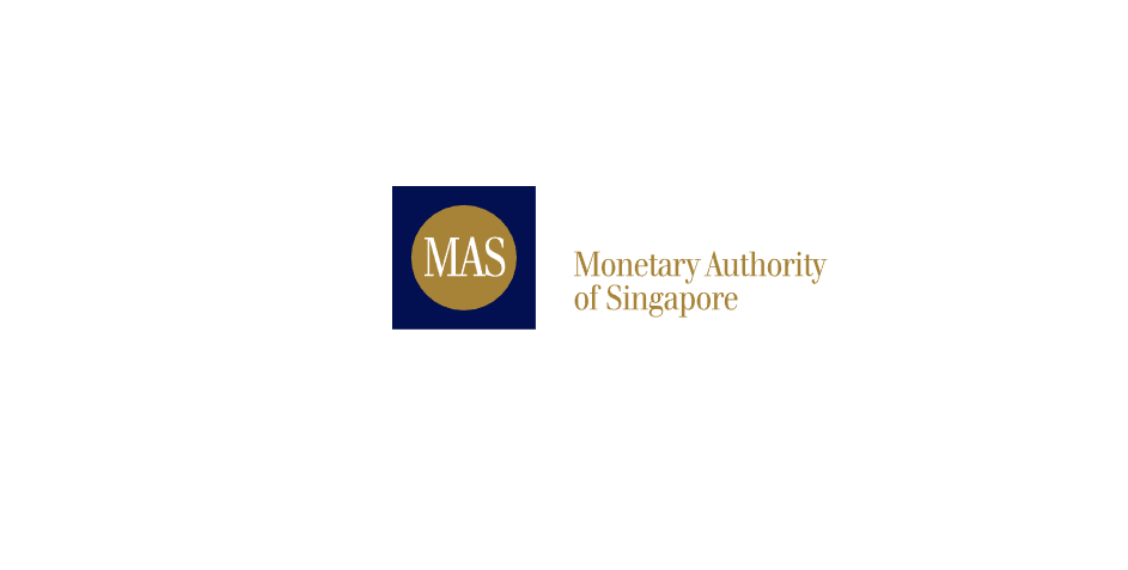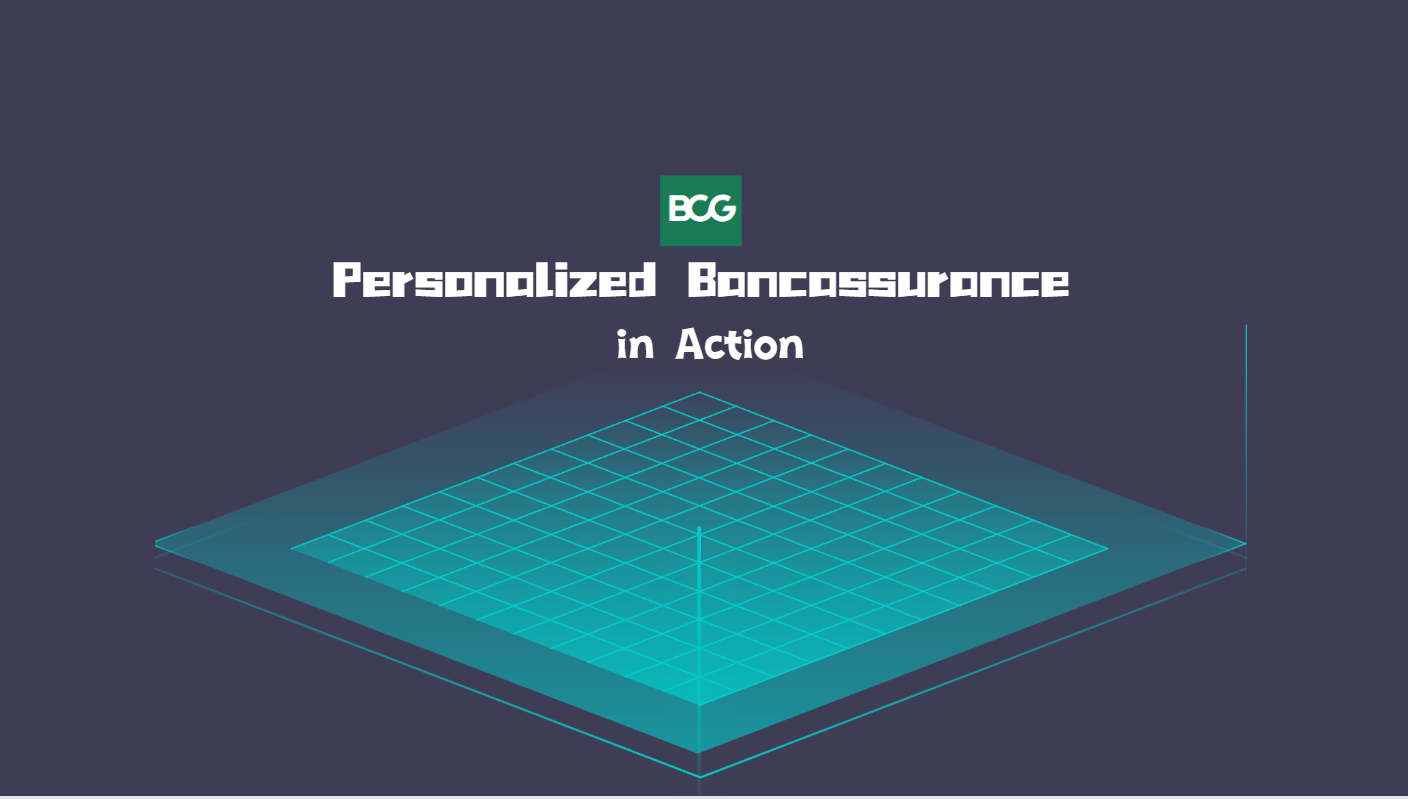Cooperation beyond borders: How stock exchanges can support capital markets in Africa
Non-use-of-proceeds products, such as sustainability-linked bonds (SLBs) represent, in terms of debt instruments, a straight-forward option for African corporates looking to enter the sustainable finance market as they offer flexibility in the use of the proceeds while signalling measurable sustainability commitments in the form of sustainability-performance targets to be measured with KPIs to investors. African sovereign issuers could also benefit from the potential of SLBs, which would stream a strong governmental message all the way to the private sector. However, SLBs alone will not be enough to finance a continent-wide transition if market players remain unaware of the possibilities available to reach out to a broad and international investor base.
European stock exchanges have a strong role to play to support the development of sustainable finance in emerging markets, which will be beneficial to both sides of the market. International cooperation amongst exchanges can scale up domestic markets and catalyse capital markets integration through the streamlining of domestic and international listing criteria and sustainable product transparency rules. More generally, market collaboration between international stock exchanges and their African counterparts can lead to more connected and sound infrastructure with less market fragmentation, reducing costs and inefficiencies for issuers and investors alike.
Bridging the gap between local issuers and international investors through dual listings
Many of the sustainable projects in Africa have historically been financed by multilateral development banks or public sector authorities and have mainly attracted the attention of more risk-prone investors. Most private international investors tend to be more wary of the financial risks and levels of transparency in these regions. They might be held back by the lack of data on the impact of their potential investments as many of them now require evidence of the ESG nature of their products, going beyond their reporting obligations. Dual listings therefore represent a more approachable opportunity for African issuers of sustainable bonds to access a broader pool of investors by tapping into both their domestic and international markets.
To move into this direction, international stock exchanges should streamline joint listing processes, around compatible admission criteria and mandatory disclosure levels. While transparency is a key success factor, it should be at the centre of all considerations in the development phase of any market. Helping actors from emerging markets navigate the admission process is therefore essential, especially in the absence of strong ESG regulatory frameworks and with the objective of making public disclosures more robust.
With a history of cooperation agreements with stock exchanges in emerging markets since the launch of the Luxembourg Green Exchange (LGX) in 2016, including Bourse Régionale des Valeurs Mobilières (BRVM), and exchanges in Nigeria, Cabo Verde, Rwanda, Chile and India, at the Luxembourg Stock Exchange (LuxSE), we are well positioned to support African sovereigns, financial institutions and corporates in their transition towards a more sustainable economy.
Acceptance for display on LGX is subject to listing on one of LuxSE’s markets, and compliance with strong transparency requirements. The same process applies to all issuers, no matter where they are based. As a stock exchange, we strongly support the convergence of disclosure best practices around international standards, and the reduction of the disparities of locally defined ones. To bridge this gap, we recently launched LGX Assistance Services, through which we assist first-time and seasoned debt issuers with their pre-issuance documentation and post-issuance reporting, allowing them to issue their securities with a level of disclosure that responds to investors’ needs and, more generally, to communicate responsibly and credibly with the market. New market entrants and smaller issuers can struggle with finding the right levels of disclosure as it requires a set of expertise and dedicated resources that some issuers might lack.
Boosting market knowledge through education and capacity building
Two major barriers when it comes to investing in Africa are the lack of transparency surrounding the real impact of sustainable products and the lack of compliance with international standards, which jointly imply higher due diligence costs for private investors. International capital market players with proven and existing experience and knowledge in the sustainable finance sphere can help emerging markets address these barriers, notably in building capacity and upscaling their knowledge of best market practices and bespoke financing solutions.
The LGX Academy contributes to tackling these two challenges with a series of online sustainable courses that spread applicable knowledge in the market. Previous tailored sessions provided to representatives from the public and private sectors from Nigeria, Rwanda, Cabo Verde, the Philippines and Vietnam, among others, have contributed to accelerating the development of local sustainable debt activity.
Labelled debt products on the rise
The recent traction of SLBs in sustainable capital markets has been witnessed in emerging markets as well where they tend to be preferred to use-of-proceeds products like green bonds. The priorities of these regions are often and primarily about financing the transition rather than boosting investments in low-carbon assets, and SLBs encourage the establishment of national and corporate-level transition strategies to foster decarbonisation objectives and implementation means.
Gender-focused products, and more broadly gender finance, are also emerging as a solution to foster economic growth in Africa while contributing to women’s empowerment through education, job opportunities and access to finance, for instance. One of LuxSE’s most recent initiatives, a Memorandum of Understanding signed with UN Women to advance gender finance, is bringing our exchange closer to African corporates. The overarching goal of the partnership is to mobilise capital flows to contribute to the fifth United Nations Sustainable Development Goal (SDG), “Achieve Gender Equality and Empower all Women and Girls” by helping the market identify products whose proceeds and/or targets are unambiguously directed to such goals. One of our commitments is to highlight best practices of structuring and disclosures for debt products that aim to reduce the gender gap. To that extent, all gender-focused bonds issued under GSSS bond frameworks with additional gender components are now flagged on LGX, which has enabled us to identify several African issuers as leaders in gender finance.






















































First, please LoginComment After ~